Don't Skip Meals
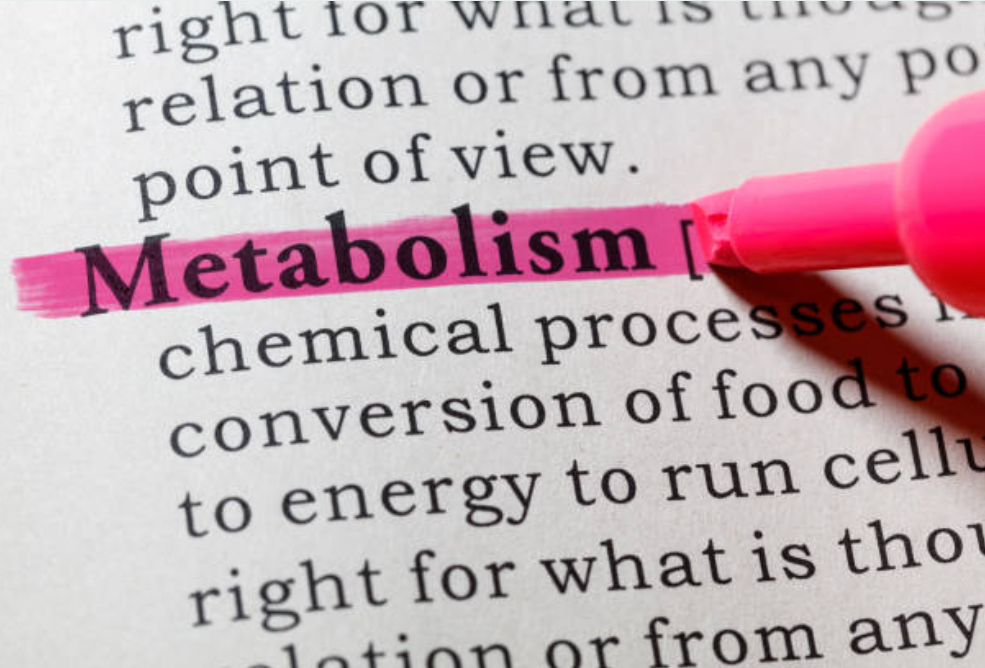
When trying to lose weight, caloric reduction is the name of the game. Simply put, you must eat fewer calories than you use throughout the day. While it may be tempting to lose weight by forgoing breakfast or skipping dinner, evidence suggests that missing meals isn’t the best strategy for weight loss.
Going too low
Your calorie needs depend on a variety of factors including your gender, height, age, activity level, and genetics. This calculation is called your basal metabolic rate and covers essential body processes like respiration, circulation, nutrient processing, and cellular repair and production. Dipping below this number hinders athletic performance and puts you at risk for nutrient deficiencies and disorders like anemia.
Consistently under-eating can also disrupt the menstrual cycle and lead to amenorrhea, or a loss of menstrual periods. Women who don’t eat an adequate amount of protein are especially prone to hormonal disruptions. Undereating may be an indicator of an eating disorder, such as anorexia nervosa or orthorexia, a preoccupation with healthy eating. Orthorexia and other forms of disordered eating may lead to malnourishment, electrolyte imbalances, and poor quality of life.
How metabolism works
One of the most noticeable ways skipping meals sabotages weight loss is by slowing down your metabolism. Going too long without food also causes your blood sugar to dip and leads to symptoms of “hanger” which include irritability, lethargy, and decreased focus.
Studies show that people who regularly skip breakfast have a higher incidence of obesity and greater likelihood in developing type 2 diabetes. Going without your morning meal can increase metabolic inflexibility which means it may be harder for you to regulate your blood sugar (decreased insulin sensitivity) and increase low-grade inflammation.
Going too long without eating can also set yourself up for overeating later in the day. Experts agree that eating a large meal less than two hours before going to sleep may hinder digestion and increase your risk of indigestion and heartburn. Sleep lowers metabolic rate and studies show a 10 percent decrease in fat burning for people who ate dinner one hour before bed.
Poor meal timing can also disrupt sleep and circadian rhythm which, in turn, hampers your workouts and other calorie-burning efforts.
Why more meals are better
Eating more frequent meals with smaller portions helps regulate blood sugar and stave off insulin spikes and blood sugar dips..
Even if you’re not able to eat six perfectly timed meals, making sure you have healthy, low-calorie snacks on hand can help set yourself up for weight loss success. Studies demonstrate that having 100-200 calorie snacks can be helpful for cutting calories and can help stave off binge eating.
One study showed participants who ate a snack of mixed nuts reported greater feelings of satiety than participants who ate a calorically equivalent snack of carbohydrates. Small switches like these can help you stay within your calorie goals while feeling fewer hunger pangs.
Experts recommend eating every 4-6 hours to optimize your metabolism but your personal meal timing depends on your body chemistry and schedule. In any case, focusing on whole foods and high-volume items can help you feel fuller without adding additional calories. For example, a cup of grapes has far fewer calories than a cup of grape juice. Whole fruit also has additional benefits like fiber, vitamins, and micronutrients.
Unlike reaching for a sugar or caffeine-based pick-me-up, a protein-rich snack takes longer to digest and won’t leave you with a sugar crash in two hours. Another easy option for on-the-go nutrition is a balanced, protein-rich snack. Studies show that eating more protein can help control appetite, lower blood sugar, and aid in muscle recovery and repair.








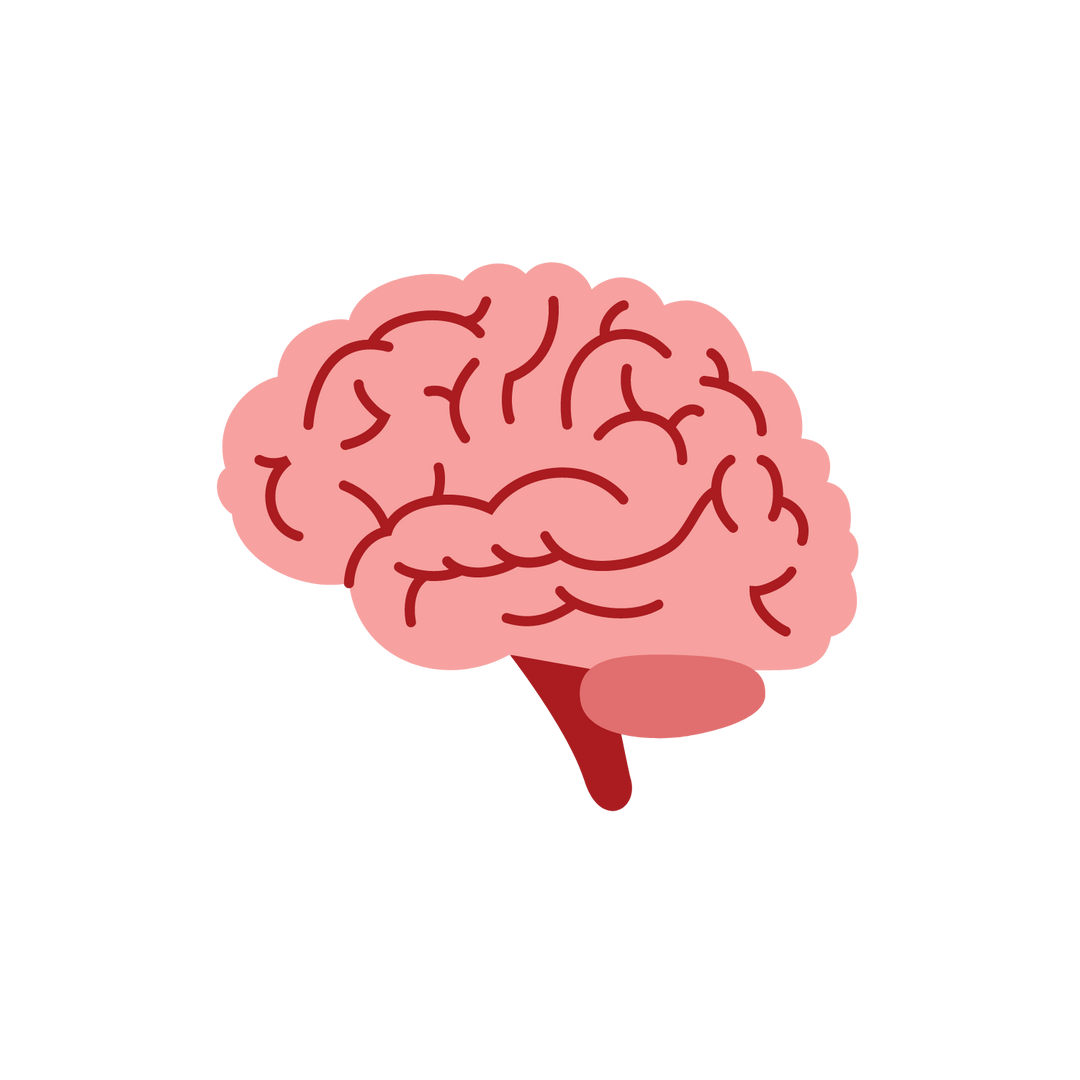







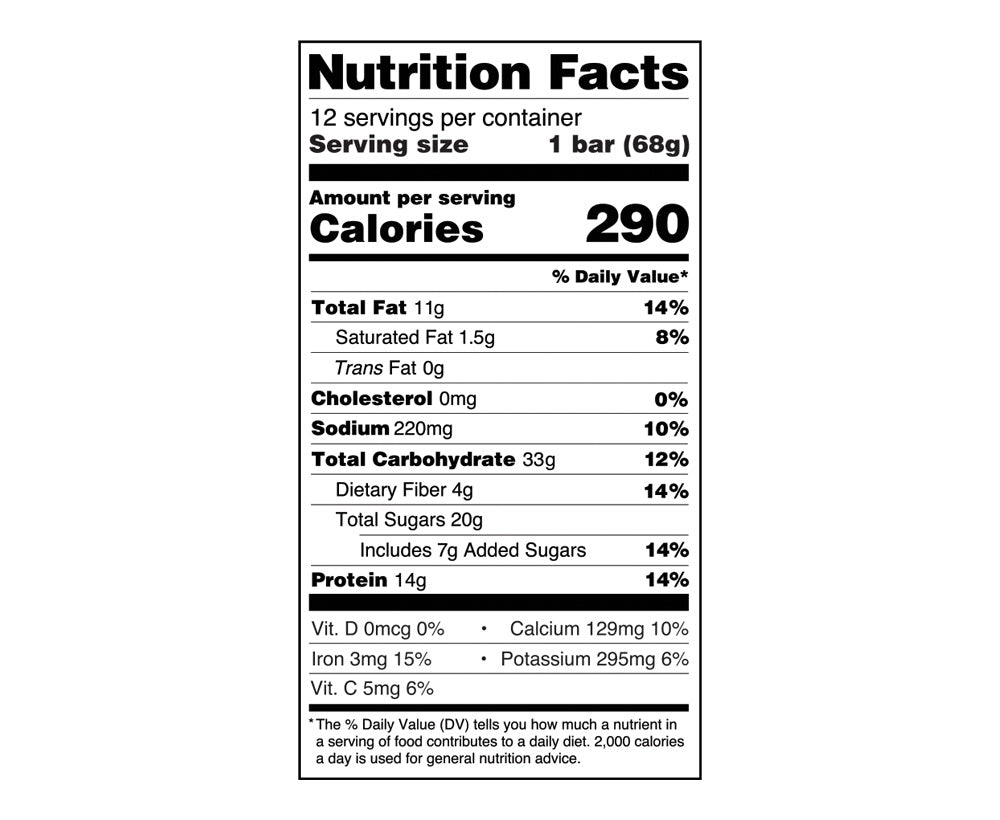





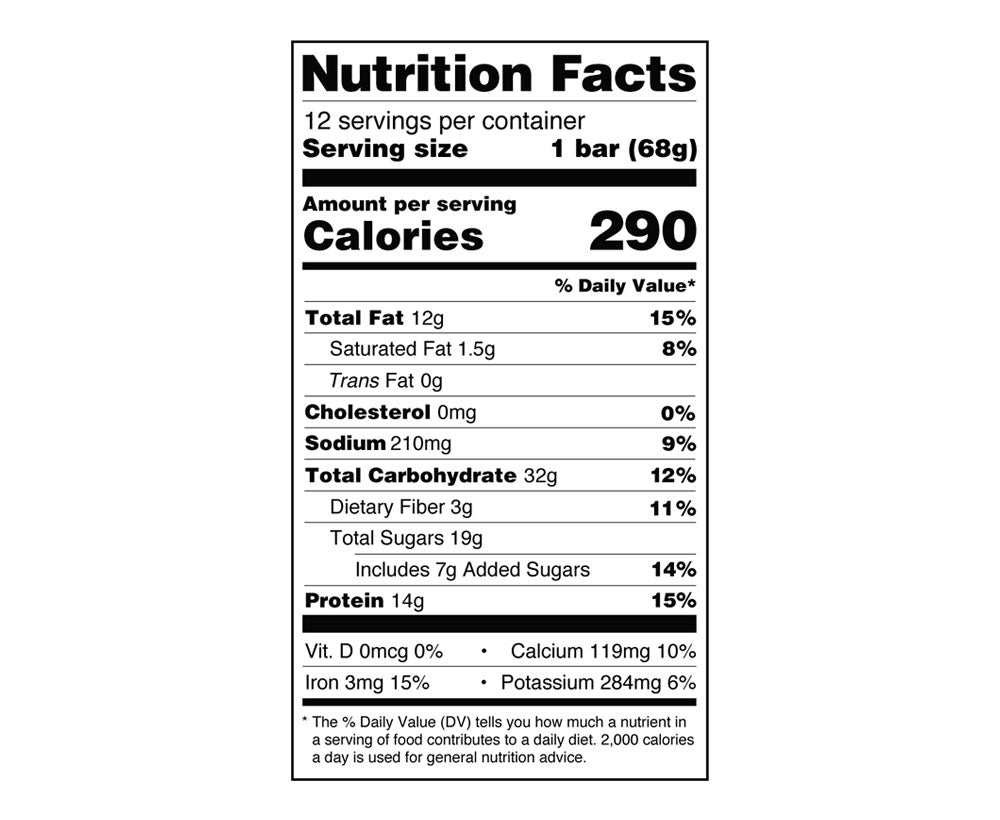



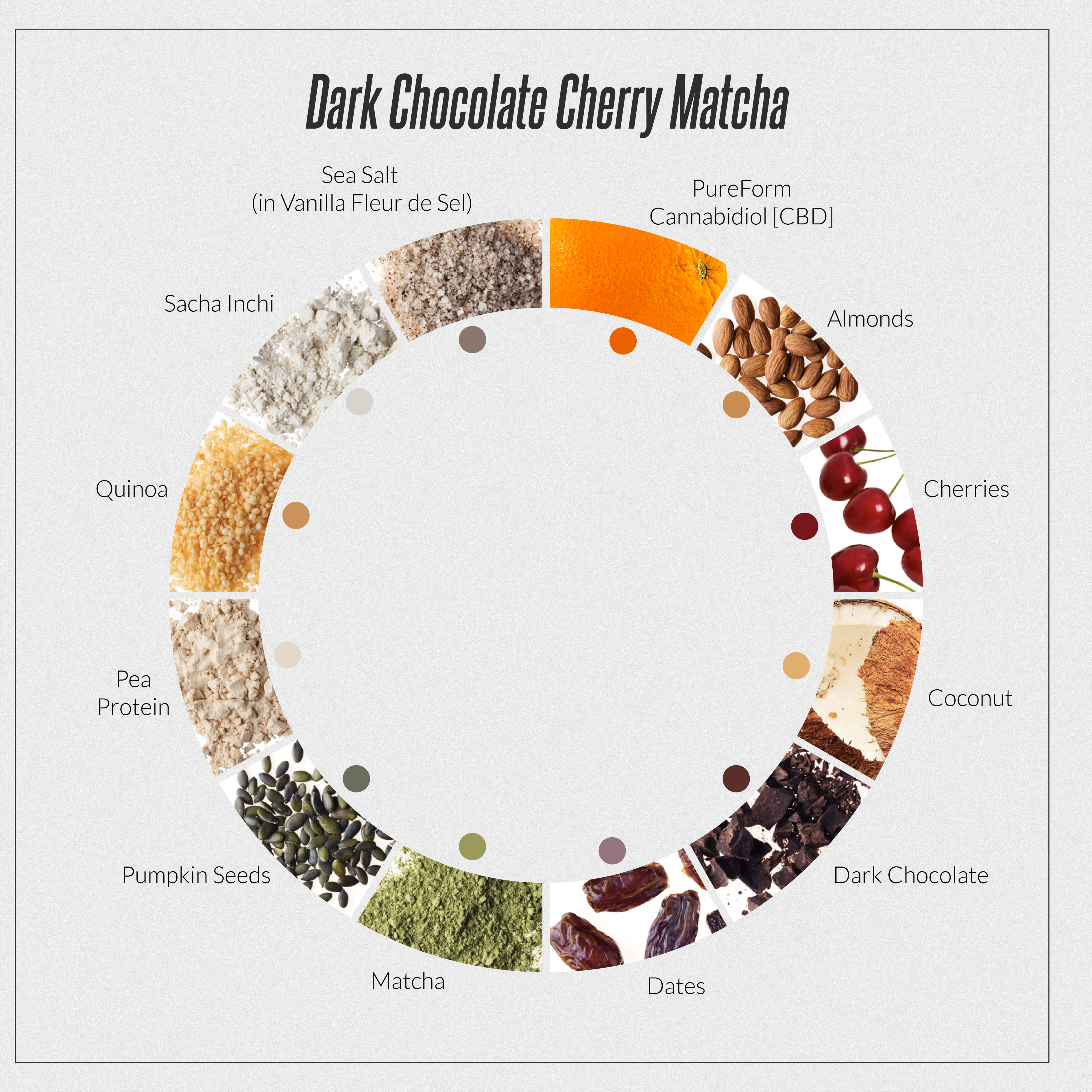

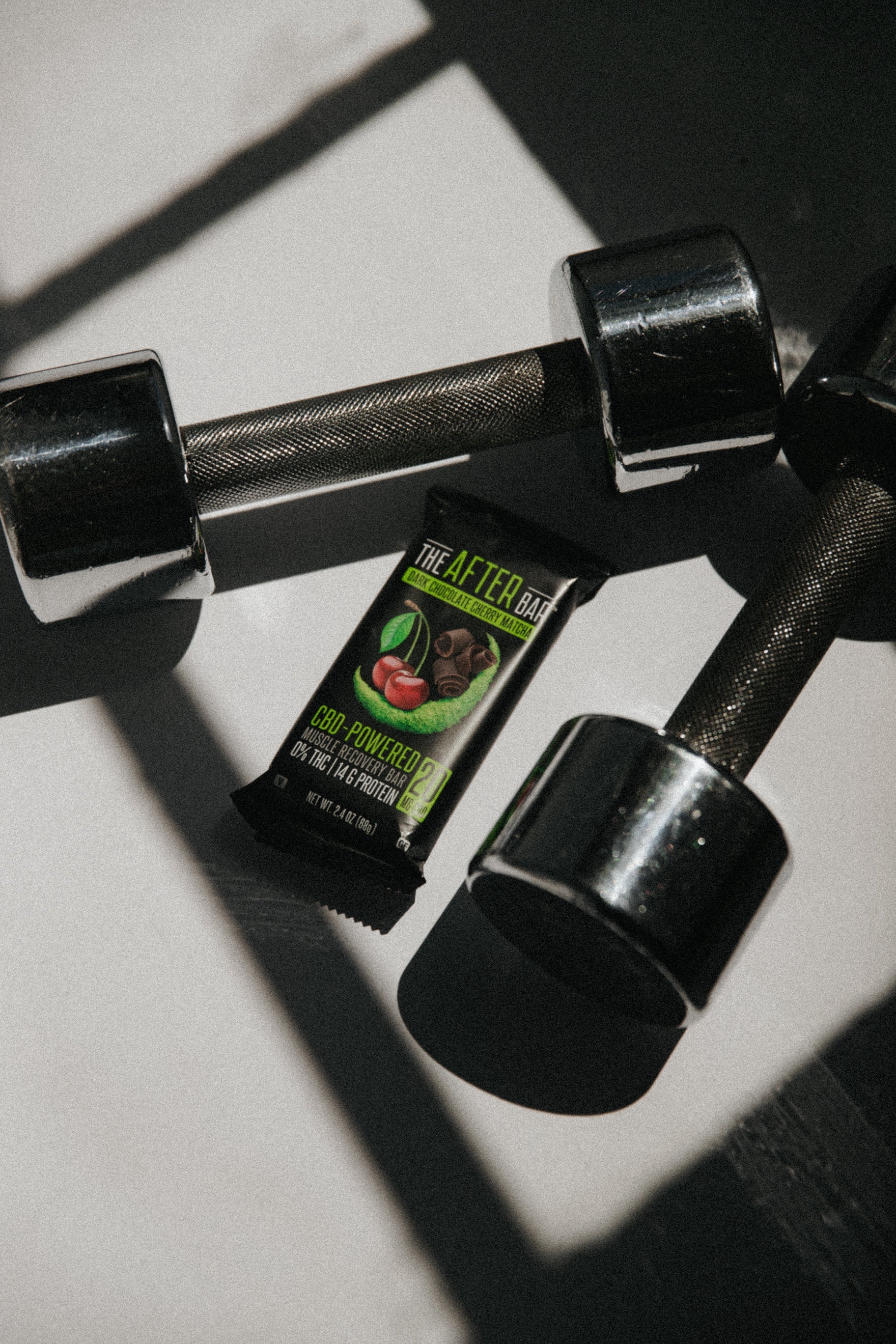

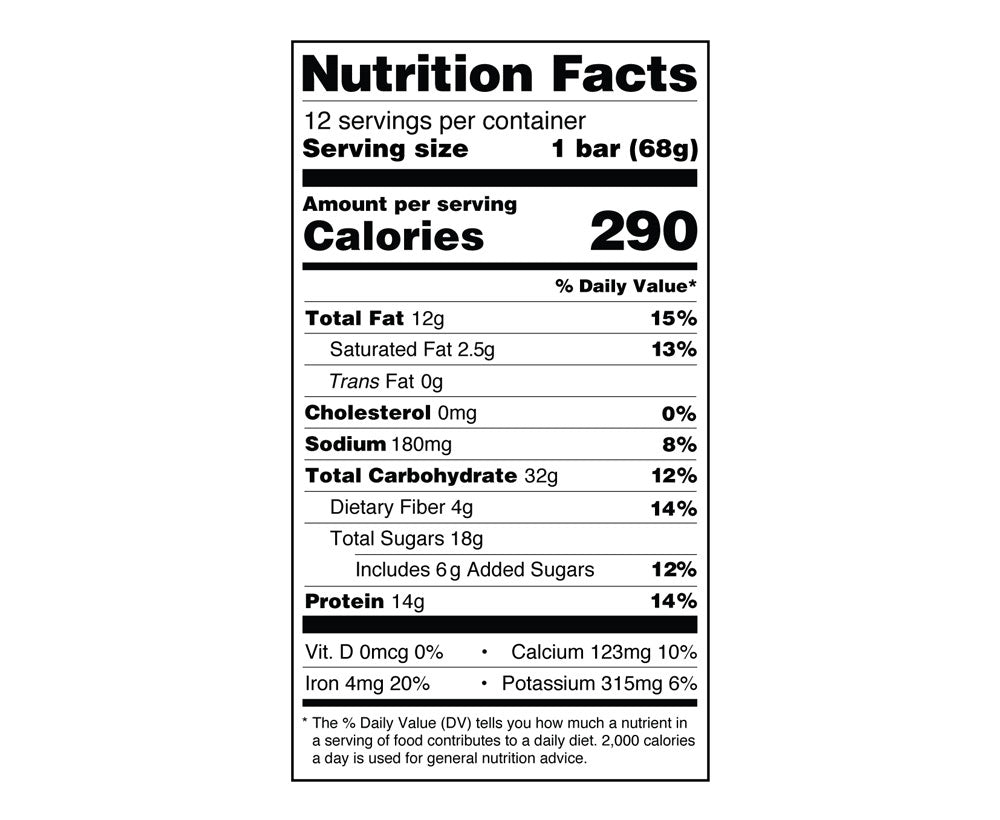
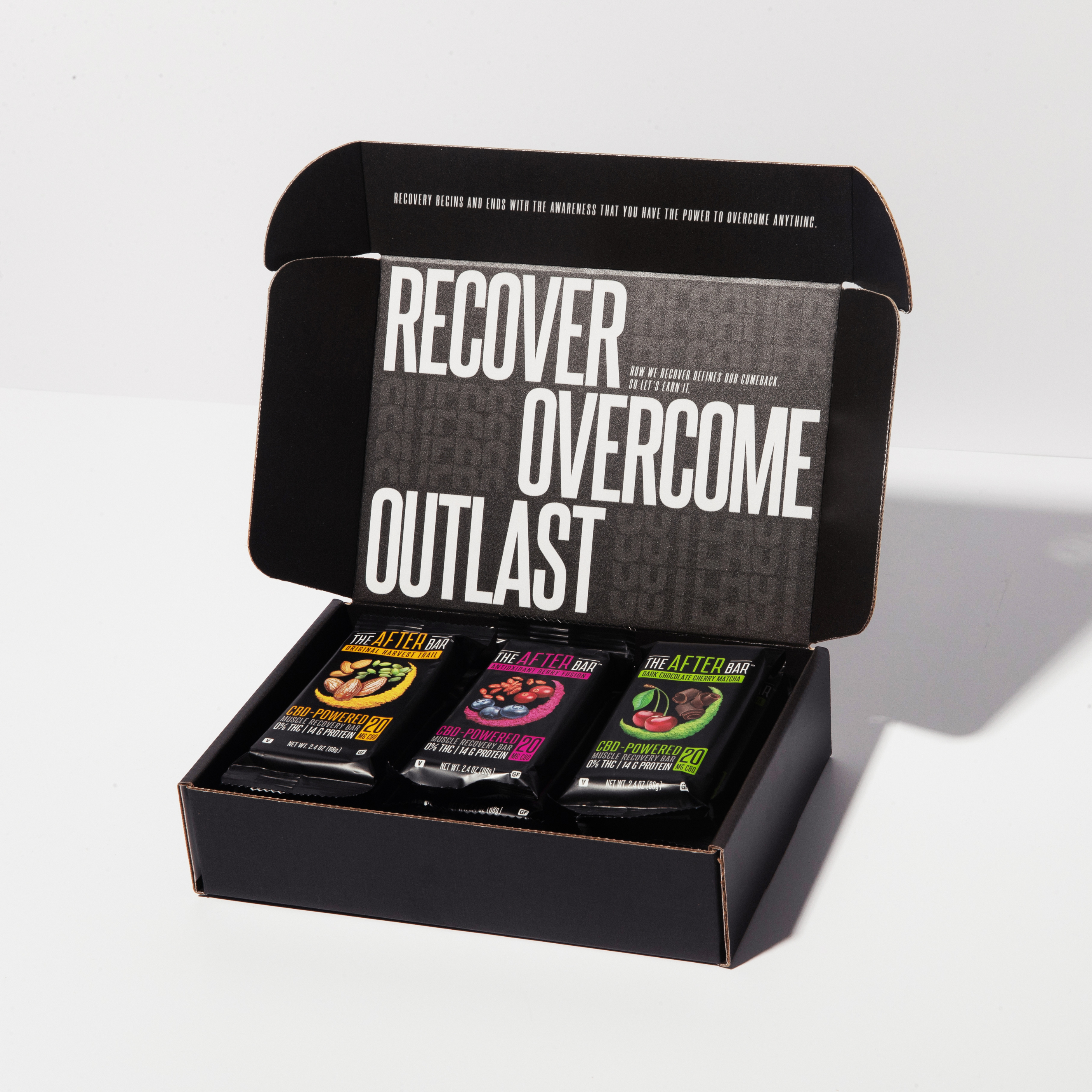

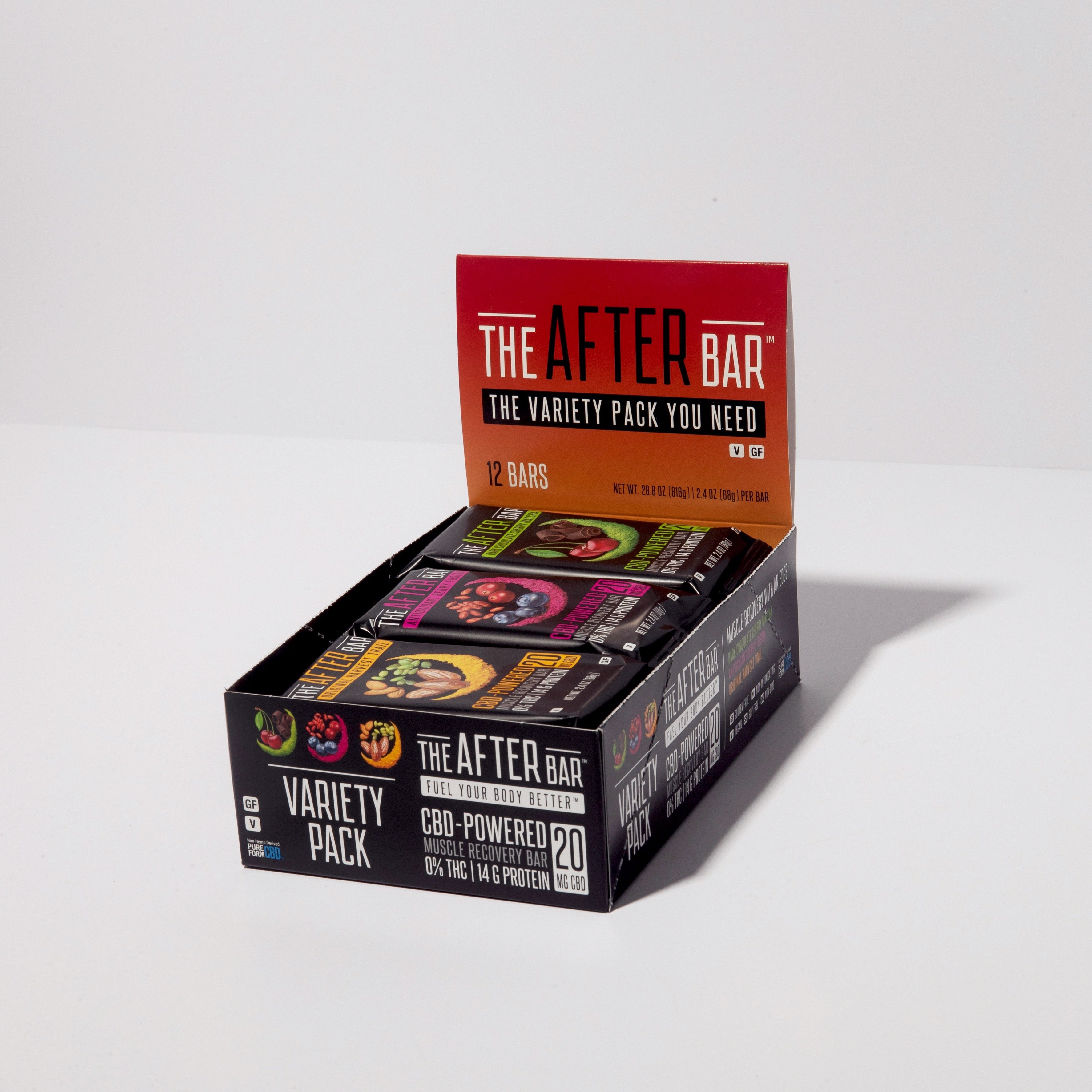
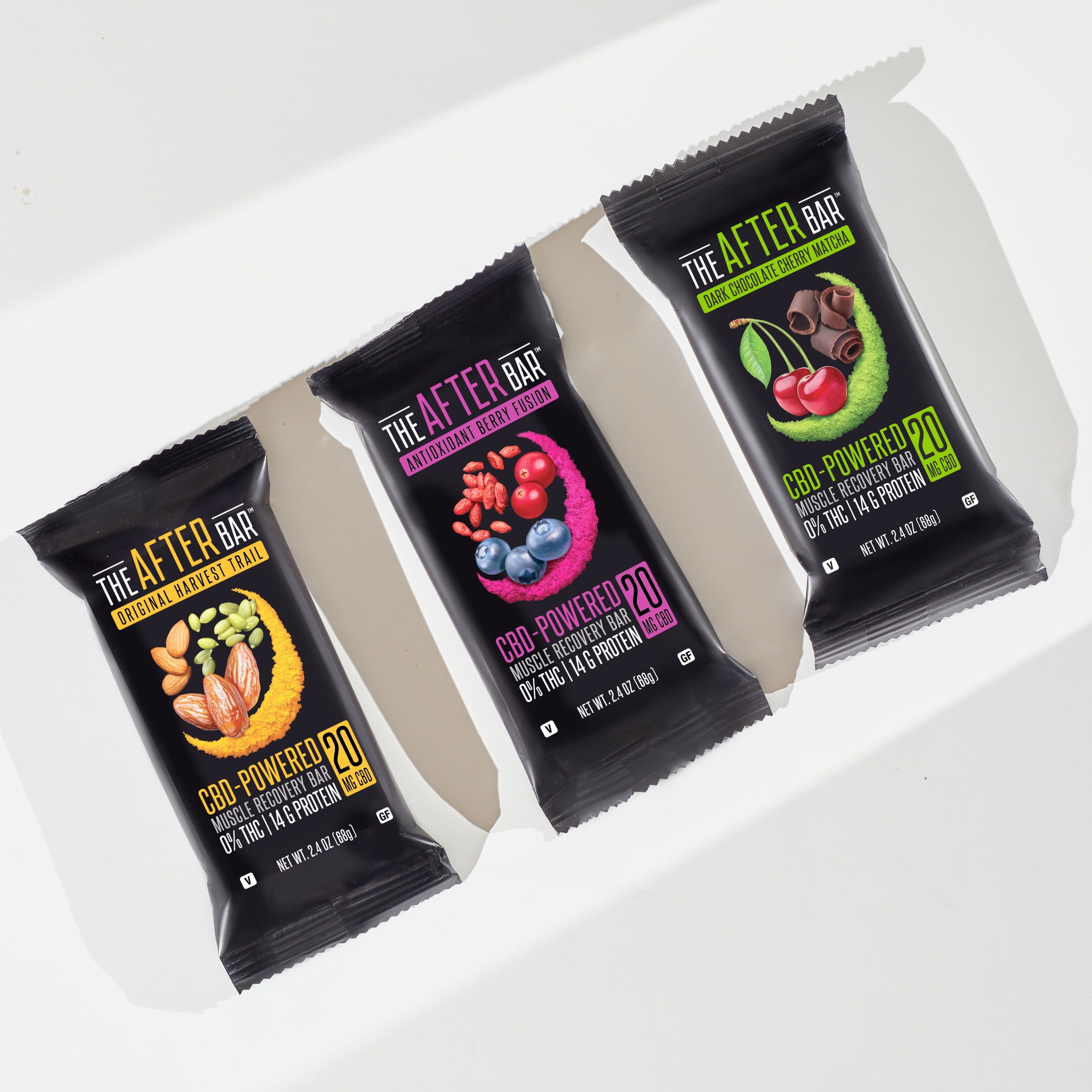

Leave a comment